 As a preservation librarian I am often asked what people can do to preserve their own personal treasures. Whether the item is valued for monetary, historical, and/or sentimental reasons, knowing the proper ways to care for your materials will ensure that they are around for years to come.
As a preservation librarian I am often asked what people can do to preserve their own personal treasures. Whether the item is valued for monetary, historical, and/or sentimental reasons, knowing the proper ways to care for your materials will ensure that they are around for years to come.
Correct storage of your materials is the single most important factor in their preservation. You should avoid storing important items in areas such as basements, attics, and garages, which are susceptible to fluctuating temperatures and high levels of moisture. A cool, comfortably dry area is ideal. It is important to store your items in a stable environment. While specific types of items have ideal temperatures and humidity levels in which they thrive, more important than specifics is consistency. Fluctuations in temperature and relative humidity can cause more damage to items than a slightly higher or lower, but consistent temperature and humidity level.
Light damage can also be a problem when trying to preserve important materials. You should avoid storing books and other items in direct sunlight, as this can cause rapid and severe fading. Artificial light can also be a problem; items should not be exposed to constant bright lights.
Do not wrap books and other materials in newspaper or store them in cardboard boxes. Acidity from the paper and boxes can leach into the materials and cause them to break down over time. Also avoid wrapping items in plastic, as this prevents good air circulation and can promote the growth of mold and mildew. Protective enclosures and boxes for storing fragile items can be purchased from several suppliers (see links below).
Periodically check for pests, such as insects or rodents, where your materials are stored. These pests will eat their way through your treasures if given the chance. Keeping the materials and storage area clean and free of dust will help keep these pests away.
Most books should be shelved upright, supported by bookends when needed. Larger, heavier volumes are best stored flat. When removing books from the shelf do not pull on the top of the spine, instead push the book to each side in to remove the book. When being used, do not force the book to open or lay flat; instead let the book open naturally, without any added pressure. If the book is especially stiff or fragile, support foams can be used to cradle the open book.
Paper items should also be stored flat and unfolded. Paper items can be stored in acid free folders. The use of pressure sensitive tape on books and papers should be avoided. The tape will degrade over time and can cause permanent disfigurement and embrittlement of the paper. If items are in need of stabilization or repair, it is best to seek the help of a professional conservator.
Ashley Jones
Preservation Librarian
Miami University Libraries
513-529-2887
Jonesab2@miamioh.edu
Links for additional information:
Your Old Books
Library of Congress
American Institute for Conservation
Library of Congress – Photographs
Library of Congress – Digital Materials
AIC – How to choose a conservator
AIC – How to find a conservator
Gaylord Archival Supplies
